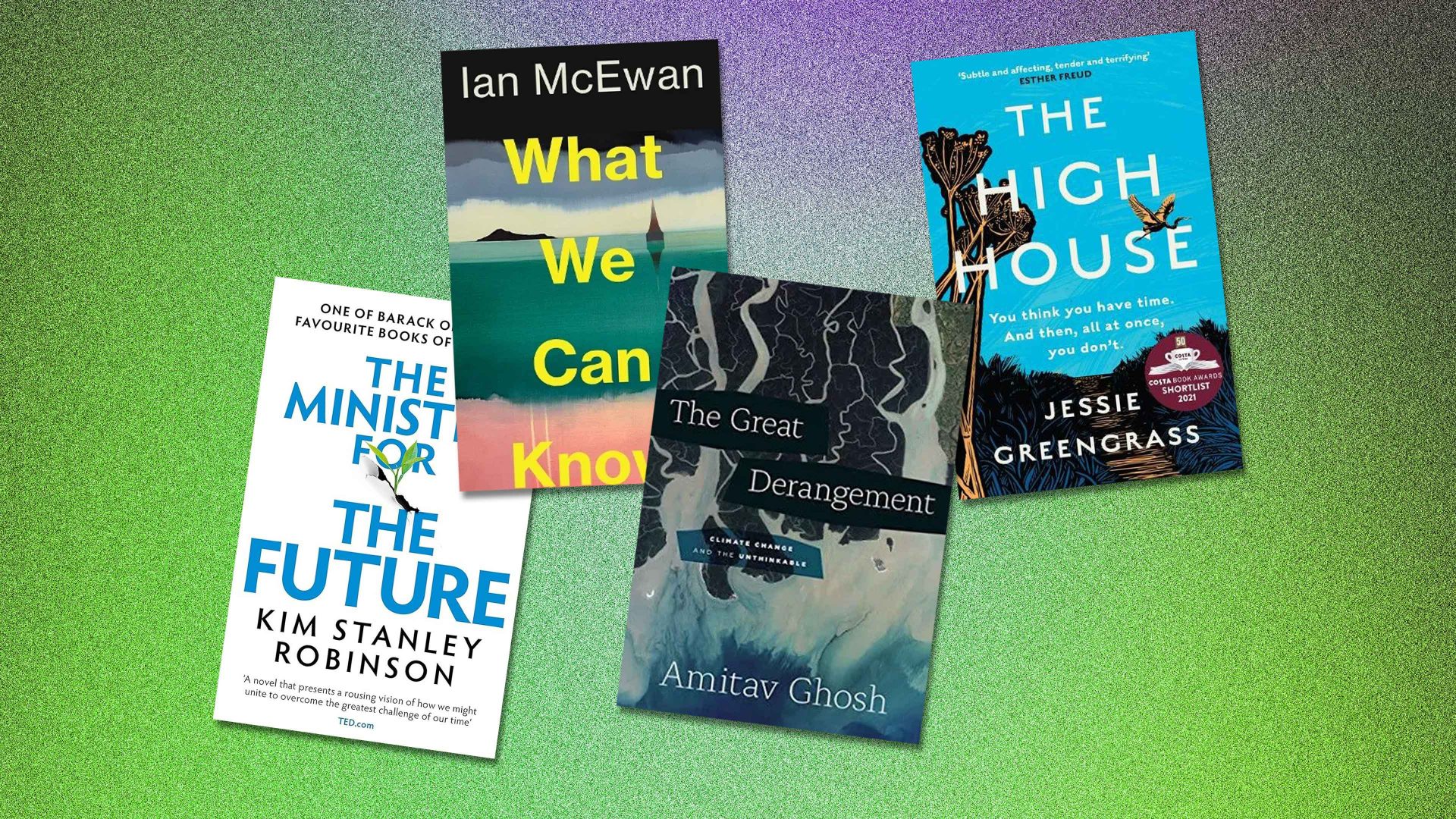The tech lords of Silicon Valley aren’t shy about putting their phobias and anxieties on public display. The dreams of off-world colonies pursued by Elon Musk and others is a fantasy of dominion unconstrained by the nuisance of democratic government. Their obsession with eugenics comes from a personal conviction of superiority along with a horror of the slavering masses. But nothing is more transparent than Silicon Valley’s fixation with longevity and, ideally, immortality, revealing a desperate fear of death.
As with those other infatuations, this one is largely decoupled from real science but garbed in its trappings. But because this is Silicon Valley, the support evinced for crazy schemes of life extension comes not as garbled screeds from internet fantasists who have “done their own research,” but as glitzy start-ups researching alleged antidotes to ageing. There is a venerable pedigree here going back at least to Alcor, an Arizona-based nonprofit organisation founded in 1972 that offers to cryogenically freeze your corpse (or for a lower fee, just your head) until science figures out a way to resurrect it. It will freeze pets, too.
PayPal founder and Antichrist-botherer Peter Thiel allegedly takes human growth-hormone pills and anti-diabetes medications to stave off cancer. OpenAI’s Sam Altman takes diabetes drugs that he believes increase lifespan. Both have invested in a company called Minicircle that conducts business in Honduras, beyond the regulatory reach of the US Food and Drugs Administration.
Minicircle also offers a totally speculative “anti-ageing” gene therapy that has apparently been administered to millionaire entrepreneur and venture capitalist Bryan Johnson, whose compulsion to cheat death involves a daily six-hour routine of working out, saunas, hypoxia (breathing different amounts of oxygen), and more. Johnson became notorious for transfusing his teenage son’s blood plasma into his own body, apparently heedless of the heavy-handed metaphor. He now believes he ages by a year every 19 months.
The gene therapy seems like untested bunkum, but not all anti-ageing treatments can be so easily dismissed. As is often the case with quack cures, there is a grain of real science behind some of them. Computational biologist Andrew Steele, an expert in longevity science and author of Ageless, tells me there have been a few experiments in which blood plasma has been transfused from mice that have been raised with a physically active regime, to older mice, “which seems to have positive results” in terms of slightly increasing longevity. But there’s no strong evidence it would work in humans. “It’s probably promising and safe enough to merit a few more human trials,” Steele says.
Suggested Reading


AI is a bubble that is going to burst
What tends to happen instead, however, is that, at the slightest hint of positive results for an experimental procedure in lab animals, clinics that are free to do so start to offer it as a rejuvenation treatment. Then, Steele says, “people go into clinics and have all their plasma removed and replaced”. Many (not all) such treatments won’t be especially dangerous, but neither do they seem likely at this point to have any benefits. You wouldn’t bother with them unless you had money to burn and a desperate terror of getting older.
Meanwhile, Jeff Bezos is betting his abundant dollars on an approach being studied at the biotech company Altos that involves “epigenetic reprogramming”: trying to undo the epigenetic modifications made to our genome as we age. Such modifications are a normal part of our development from an embryo, but some seem linked specifically to ageing. “Partial reprogramming has been shown to extend mouse lifespan modestly,” says Steele, “and various companies are working on finding reprogramming factors that turn back the ageing clock. But nothing is clinic-ready yet.”
Steele is happy to see tech billionaires investing in the basic research, because there’s good reason to believe that ageing can be slowed in some ways to some degree. “I think we could make some pretty serious progress against ageing for perhaps $100bn – peanuts for the billionaires, if they teamed up.”
US cardiologist Eric Topol, author of the 2025 book Super Agers, is more sceptical of many of the longevity treatments being pursued in Silicon Valley. “I have seen nothing in humans to support peptides or any other anti-ageing fads, including supplements, NAD+, rapamycin, dry sauna/cold plunges, plasmapheresis [Johnson’s thing], hyperbaric oxygen [same], and so many more.”
He says that a recent report that used a stem-cell treatment to slow ageing in macaque monkeys looks potentially interesting, but has “a long way to go”. There’s hope yet for slowing ageing, but if you freeze your head, don’t count on waking up in the next century.




